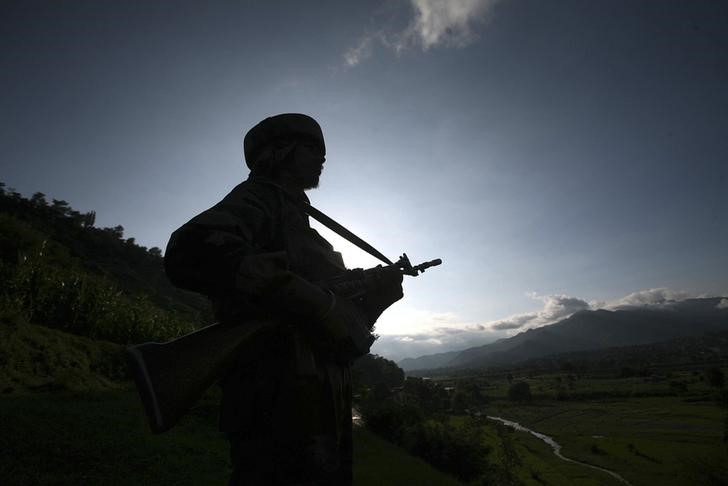Gold prices steady above $3,400/oz on rate cut bets; PCE data awaited
Investing.com -- India’s cross-border airstrikes on Pakistani territory have raised the stakes in South Asia’s most volatile flashpoint, with Bernstein warning of potential global repercussions should the situation escalate further.
Fifteen days after a terrorist attack in Pahalgam, Indian forces conducted airstrikes on nine sites within Pakistan and the disputed region of Jammu and Kashmir under Operation Sindoor.
While Indian authorities emphasized the strikes demonstrated “restraint” and avoided military facilities, Bernstein analyst Venugopal Garre believe this development is “not a minor event” that could carry “significant global ramifications if both nations decide to escalate things further”.
The nature of the current action stands apart from past incidents. Compared with the 2019 Balakot strikes, Garre notes that “these strikes appear to be far more escalatory in nature,” citing the targeting of sites deep inside Pakistani territory, including Muridke and Bahawalpur.
The analyst believes Pakistan’s response would be critical in shaping what happens next. Based on historical precedent, an immediate retaliation could occur, but the broker does not expect a full-scale war. “We still believe chances of the latter are low,” Garre wrote in a note.
Geopolitical conditions complicate India’s strategic position. With ongoing conflicts involving allies Russia and Israel, a newly unfriendly government in Bangladesh, and China’s support for Pakistan, the timing of the conflict with Pakistan is far from ideal.
“With U.S. likely to remain neutral, we do not see it as the best of times for engaging in a full scale war,” the note said.
From a markets perspective, Bernstein acknowledged that Indian equities have historically shown resilience following such escalations. During the Kargil conflict, the Nifty dropped nearly 7% immediately after India’s retaliation but rebounded 5.6% within two weeks. Similar recoveries followed the Uri and Pulwama incidents.
The current situation, however, may trigger a stronger initial reaction due to the scale of the strikes and more inflammatory rhetoric from Pakistan. Still, Garre believes “buy the dip is the best strategy in an event the equity markets decline today”.
The report reiterated its overweight stance on Financials, Utilities and Telecom (BCBA:TECO2m), and noted that Defense stocks could benefit if military spending rises. However, the broader risk remains the geopolitical uncertainty and potential pressure from trade partners, including the U.S., which is currently negotiating a treaty with India.
